Fatigue is a natural part of the game. So, the aim should be to enjoy your game.
Physical fatigue is when your body doesn’t answer, when you lose the confidence to win.Fatigue can be both physical and mental.
No matter, if you are an amateur or a pro, getting tired will affect your performance and effectiveness. Any sport you play requires physical fitness which inculcates body balance, responsiveness, quickness and most important of all stamina.
The best way to find out the reason behind is to observe how you get tired rather than when you get tired. Focus on which moves or which part of the play tires your body.
1. Warm upAs a sportsperson, both warming up and cooling down after your match is quintessential. A warm-up before the game helps your body prep for the match.
And a cooldown helps you recover from the tough game. This also helps you build up your stamina.
2. Psychological enduranceWhen we talk about stamina, it can be physical stamina or physical strength and mental stamina or psychological endurance. The solution is to avoid a game where your confidence is low.
You will have to spar slowly to learn comfortably.In other terms, don’t get into the deep water before you have started learning how to swim.
So, when you get into a game, don’t focus on saving energy instead spend energy to play. Your mind is going to be weary thinking about saving energy during the play.
Play effectively and for a beginner, pay attention to playing smart rather than conservatively or toned-down.
Diet plays a big role for any person on Earth , let alone an athlete. You ought to watch what you eat. Ensure that you eat 2-3 before you sleep at night. Go for a brisk walk after meals. 20 minutes after a meal, go for walks.
Sip hot water early in the morning or during the day. This will improve your digestion and metabolism which in turn help you build stamina.
Protein is the key – boiled eggs, pulses.Consider eating good fat like dark chocolate, flax seeds. A 5 –meal routine will help you with your metabolism as well. Eat in small portions.
Watch your sodium intake since you lose sodium so much of it while sweating. And the deficiency in sodium might lead you to dizziness and lightheadedness.
Most of all, avoid quick fixes like caffeine or energy drinks (contain sugar). Take in carbs (pasta, brown bread) to have a steady stream of energy.
4. Breathing practices/ Mouth breathingAlways consider breathing during a game. Breathing practices are necessary for the body to intake oxygen. When you breathe, the oxygen is converted into energy.
Breathing practices are necessary for the body to intake oxygen. When you breathe, the oxygen is converted into energy.
Players usually get tired due to oxygen deficiency. The fix is to avoid playing harder than your breath. Your cardiovascular endurance is your body’s breathing capacity.
Establish a breathing rhythm and learn this technique – Inhale and then hold your breath for 8 seconds. Then exhale slowly. Repeat this 2-4 times.While running, it is advisable that you breathe with your mouth. Mouth breathing helps bring a lot more amount of oxygen than your nose.
Try cardio exercises (jumping rope) and endurance workouts. Doing more cardio increases the oxygen intake of your body.
5. PracticeThe most essential element of this process is “Practice”. Even world-class players stress on this. Your body once used to the time of practice, the rigorous amount of playing sessions will help you cope with the bodily stress.
A player with more practice can play longer without getting tired.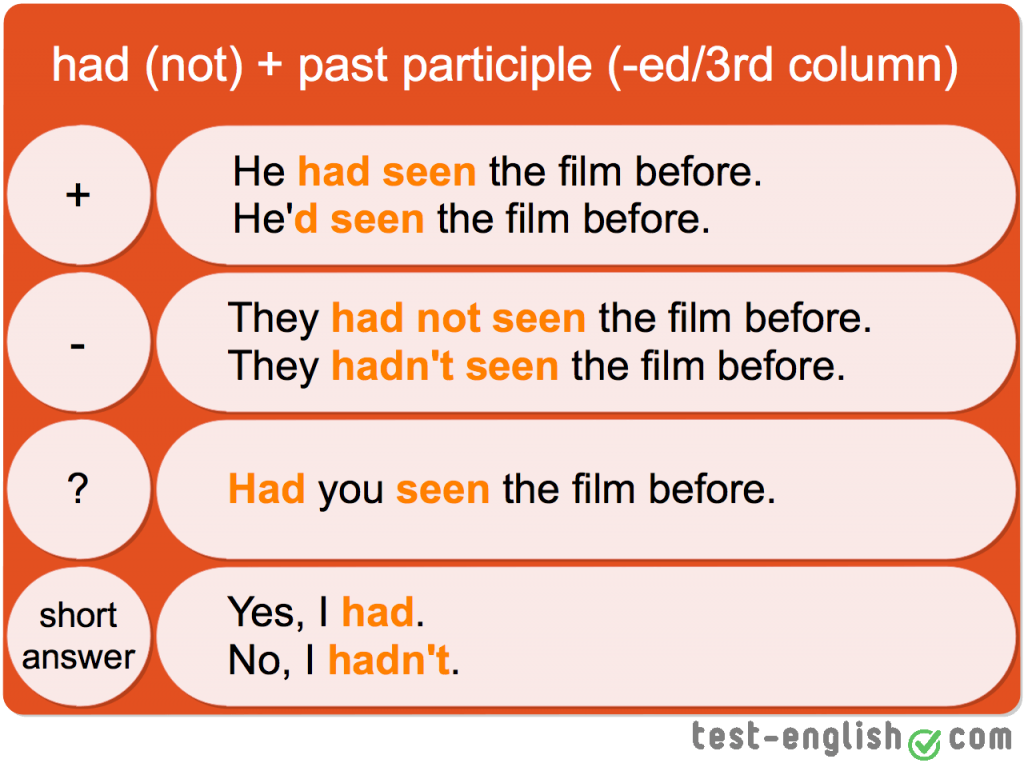
Or else, you will feel your muscles getting tired and sore faster. Learn the right technique of the game while practising.
Build a strong core body. Consider doing sit-ups rather than push-ups. Work out on your core strength 2-3 times a week. Since all your power is generated by the core, the limbs are connected to it.
Conclusion:Getting tired is a part of the game but getting tired during a game is half the excitement.
Total
Shares
A Drifter for now, free thinking and observant. An animal lover especially my pets.I believe in honesty. I'm detail oriented which can be annoying at times.
Soccer is a demanding game, both physically and mentally. You’re on the move for a full 90 minutes, which means you’ll need great physical conditioning.
That’s not all, you’ll be making decisions and solving problems throughout a game as well.
This combination is tiring, but we’ve got some tips for playing soccer without getting tired.
Some key points we’ll cover today are:
You’ll want to work on your stamina to play soccer without getting tired. Stamina is the ability to go through prolonged physical and mental effort.
So, good stamina is a key factor for a demanding game like soccer.
Let’s look at 5 ways to improve stamina for soccer:
If you work on these 5 areas, you’ll be prepared to play soccer without getting tired. Please note these areas aren’t listed in order of importance. We think all 5 are equally important.
Jogging long distances might be suitable for building overall stamina, but we want a better way to build soccer stamina.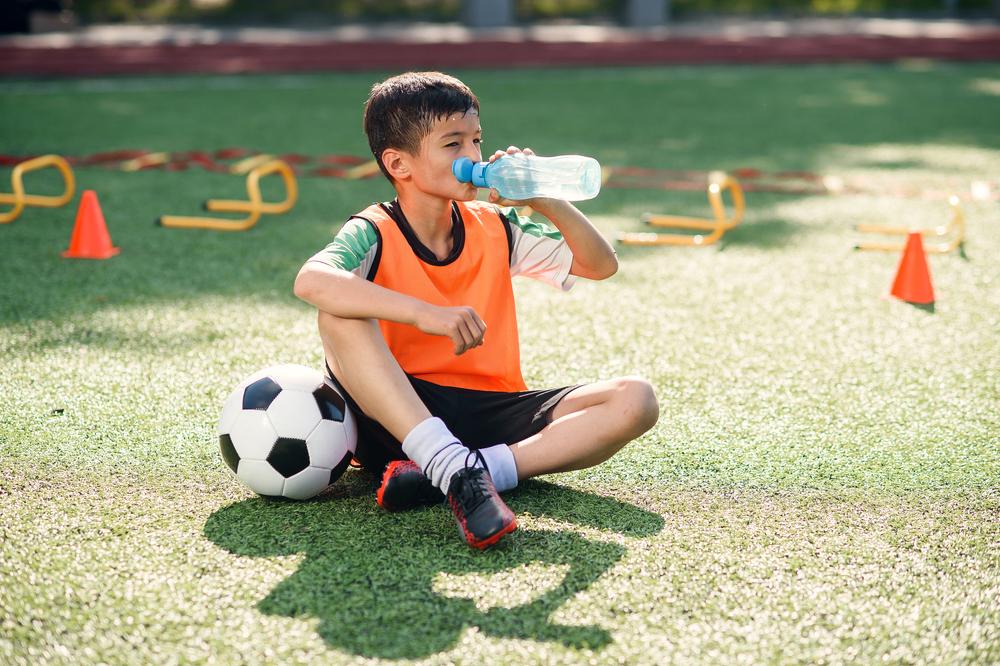
Think about how you move on the soccer field during a game. You’re jogging, sprinting, turning, jumping, etc.
So, you’ll want to do exercises that mimic your movement on the soccer field. Once your body becomes familiar with such movements, your stamina for soccer will improve.
Think about it this way. If you jog at a steady pace for 1 hour, your body will get familiar with that activity. It’ll become good at it.
But then if you play soccer, you’ll be doing a completely different activity level. Jogging at a steady pace won’t fully prepare you for those short sprints and other movements during a game.
Now, that’s not to say that jogging isn’t good. It’s just not the optimum exercise for soccer. Those soccer movements will tire you quickly if your body isn’t familiar with them.
So, targeted exercises for soccer are the best way to improve your stamina for playing games.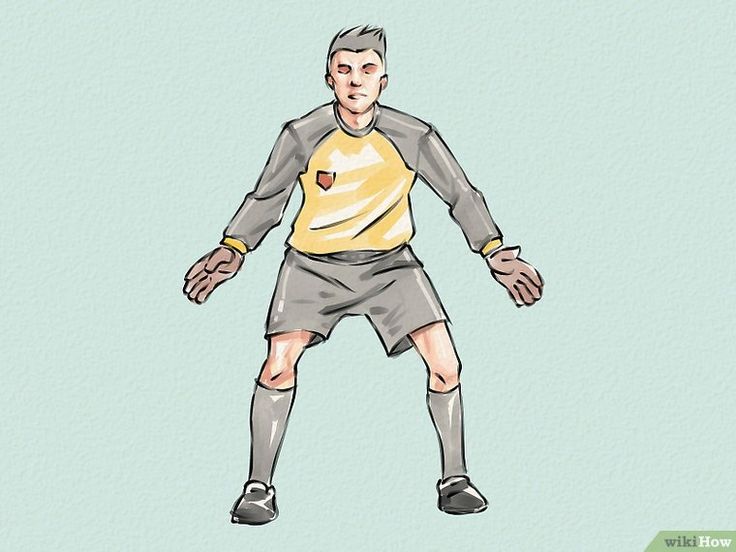
To get an idea of targeted exercises, check out the video below:
If you play soccer, you’ve likely heard the term game fitness. This means getting enough game time to play at the best possible level for 90 minutes.
Think about when a player hasn’t played soccer for a while. Maybe they’re coming back from injury. The coach will likely start them off with 20 minutes of game time, then build them up to the full 90 minutes.
That gives the player game time and allows them to build game fitness. So, to improve your stamina for soccer, you’ll want to get game time.
Training with targeted exercises is a great way to build stamina. But nothing beats playing an actual game to prepare your body for the physical demands of soccer.
Along with your training, you’ll want to get as much game time as possible. That’ll set you up for success.
Game time not only builds your physical stamina, but it also builds your mental stamina. Let’s take a closer look at mental preparation now.
As well as physical preparation, it would be best to have mental preparation for soccer to improve your stamina. Think of soccer as decision-making and problem-solving in a physically demanding environment.
You need to use your brain to make decisions and solve problems. Using your brain also burns energy and affects stamina.
So, you’ll want to train your brain for soccer, just like you train your body. An excellent way to do this is to train smart. That involves focusing on decision-making and problem-solving during your training sessions.
To work on mental preparation, it’s good to simulate real-game situations while training. This will get you familiar with different situations on the soccer field.
This will get you familiar with different situations on the soccer field.
If you’re mentally prepared for different situations, you won’t have to think as much during a game. It’s about making your decisions second nature.
Preparing mentally in training helps you make decisions and solve problems without using too much energy to think about them. This means your stamina will improve because your brain isn’t working as hard to make decisions.
Of course, playing a game is a more intense version of that. So, game time is vital for mental preparation as well.
Watch this video for tips on mental preparation (it’s pretty long):
 Diet and hydration
Diet and hydrationDiet and hydration are important for everyone. But they’re especially important for a physically and mentally demanding game like soccer.
You want to feed your body with the best fuel to help improve your stamina.
Playing soccer on a full stomach isn’t comfortable and can lead to cramps. Also, digesting food takes energy, affecting your stamina during a game.
You’ll want to get the right balance of carbohydrates, fats, and proteins in your diet. The ideal soccer player’s diet is 60% carbohydrate, 25% fat, and 15% protein.
Cristiano Ronaldo follows a strict diet that’s helped him stay at an extraordinary level for many years. For carbohydrates, he prefers fresh, whole-grain bread and pasta. He also eats plenty of fruits and vegetables.
Avocado is a healthy source of fat, so it’s a good choice for soccer players.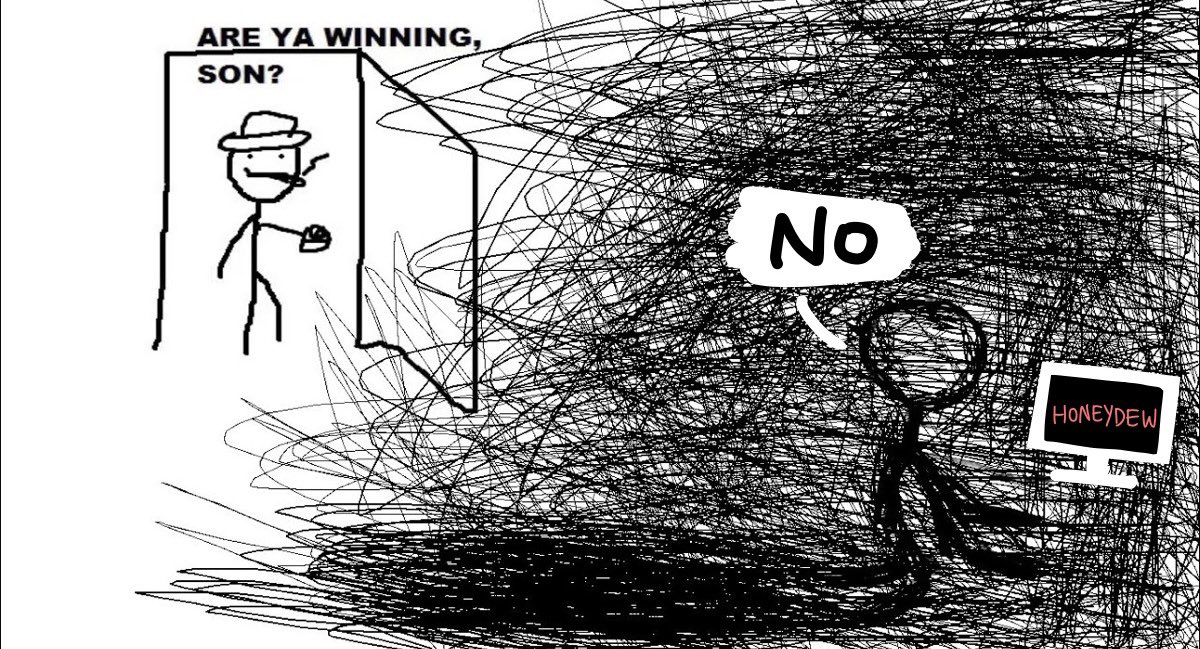
Ronaldo’s main source of protein is fish and eggs, with an occasional steak. And he supplements his protein with protein shakes.
He stays away from sugary drinks, preferring water instead. Check out this famous clip from Euro 2020 to see for yourself:
It’s super important to stay hydrated for soccer, so follow Ronaldo’s example and drink plenty of water.
Soccer players should drink about 7-14 ounces of water 10 minutes before kick-off. And during the half-time break, you should drink about 10 ounces of a sports drink to replenish electrolytes.
Staying hydrated will help your heart fuel your muscles, helping your physical stamina. And it’ll keep your brain functioning at the best level, meaning your mental stamina won’t suffer.
And it’ll keep your brain functioning at the best level, meaning your mental stamina won’t suffer.
It’s essential to warm up before any exercise, and soccer is no different. Warming up before a game or training helps your body prepare for physical activity. If you watch soccer, you’ll notice that players always warm up before a game.
This raises your body temperature and gets your muscles warm. Warm muscles help to prevent injury because they’re more elastic and absorb shock better.
Also, warming up helps your circulation. This means your body will be better at getting oxygen to your muscles, which helps to improve your stamina.
And let’s not forget about the mental side of warming up. It gets your body and brain working together and preparing for the game.
You might have heard the saying: Get your head in the game. Warming up helps you with that.
If you’re focused before a game, it’ll help with your mental stamina.
So, warming up helps you improve your physical and mental stamina for soccer.
You can get warm-up ideas from this video:
Those are our 5 areas to focus on if you want to play soccer without getting tired. Follow these, and you’ll improve your physical and mental stamina for soccer.
But please remember that rest is essential, too. You don’t want to overdo it. Find the right balance for the best results.
Sharing is caring :)
This post was written by Sports.ru user, every fan can start writing (you can do it here).
This topic is incredibly relevant, because every person experiences excitement on the eve of some important event.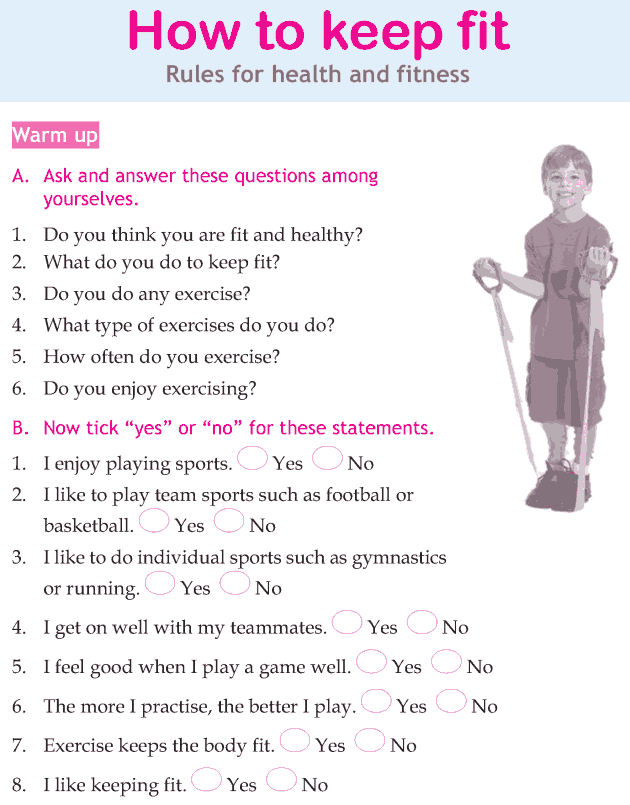 After looking through my notes and digging in my head, I decided to share my knowledge and experience.
After looking through my notes and digging in my head, I decided to share my knowledge and experience.
So what is self-doubt? When it comes to football, this is a huge omission in our system of training athletes, in which often, while developing physical qualities, we completely forget about mental ones. And if during the match our players experience tremors in the knees, we must radically change the attitude towards training. Each exercise should influence both the development of physical and mental qualities equally.
At the moment, there is a lot of foreign literature on the subject of the psychological preparation of an athlete, but in Russian I have only come across a couple of books. For me personally, Anatoly Alekseev's book - "Overcome Yourself" , was a revelation, which talks about really effective ways to overcome nervousness before important speeches. One of the most important points that the author recommends is remembering successful games and writing down your impressions of them. Learning to evoke these feelings before each game in the future is the key to success.
Learning to evoke these feelings before each game in the future is the key to success.
What was my surprise when the manuals from the psychology courses from the English Football Federation listed the same methods that Alekseev was talking about. And in confirmation of the effectiveness, the British cite as an example the words of famous football players who were also not alien to self-doubt.
So, having compared the acquired knowledge, I have identified for myself the following ways to cope with myself:
1. Mental preparation for the upcoming game. Psychological workout.
Here we will talk about ways to set yourself up for the upcoming game. Physical warm-up before any game is a common thing, but almost no one remembers the psychological preparation for the game. How to do it? Here are the words of two successful forwards:
Wayne Rooney: “One of the points of my preparation is to ask the staff of the club about the form in which we will play. Then, on the evening before the game, lying in bed, I imagine myself scoring goals or playing well, in a red t-shirt and white shorts (according to the information received). It is necessary to enter yourself into the episode of the upcoming match as accurately as possible so that it is deposited in your memory. I don't know if other players can visualize, but I've been doing it all my life.”
Then, on the evening before the game, lying in bed, I imagine myself scoring goals or playing well, in a red t-shirt and white shorts (according to the information received). It is necessary to enter yourself into the episode of the upcoming match as accurately as possible so that it is deposited in your memory. I don't know if other players can visualize, but I've been doing it all my life.”
Didier Drogba: “When you play alone in attack, you need special mental preparation. I like to imagine how I will go away from custody, how I will score. I try to imagine everything in great detail and every time I succeed, I score. It sounds funny, but everything is created in the head before it comes to life.”
2. Reproduction of successful performances (a kind of continuation of the first paragraph).
This is exactly what Anatoly Alekseev is talking about. I strongly recommend re-reading his book, or at least the section on this topic.
British colleagues, in turn, advise after each successful game to try to reproduce everything that happened as soon as possible. It is very important to do this in a quiet place, to try to remember all events and actions in great detail. Write down your feelings in a notebook. Reproduce experienced sensations as often as possible.
3. Take the best from the best.
Many famous players regularly watch the matches of their idols (mostly playing in the same position) so that later, when they enter the field, they “try on their boots”. It sounds a little strange, but here's an explanation for you:
“ Before the game, I was reviewing Maradona's games, trying to make out his skills in detail. I also look at Mackle Owen, Paul Gascoigne, Pele, Ronaldo and this is very important for my development. I have come a long way to get to where I am now and I have taken many things from them all. "Daniel Sturridge"
The same English Football Federation recommends looking at the games of famous football players and trying to "imagine yourself as this player in real conditions", adopting his best qualities.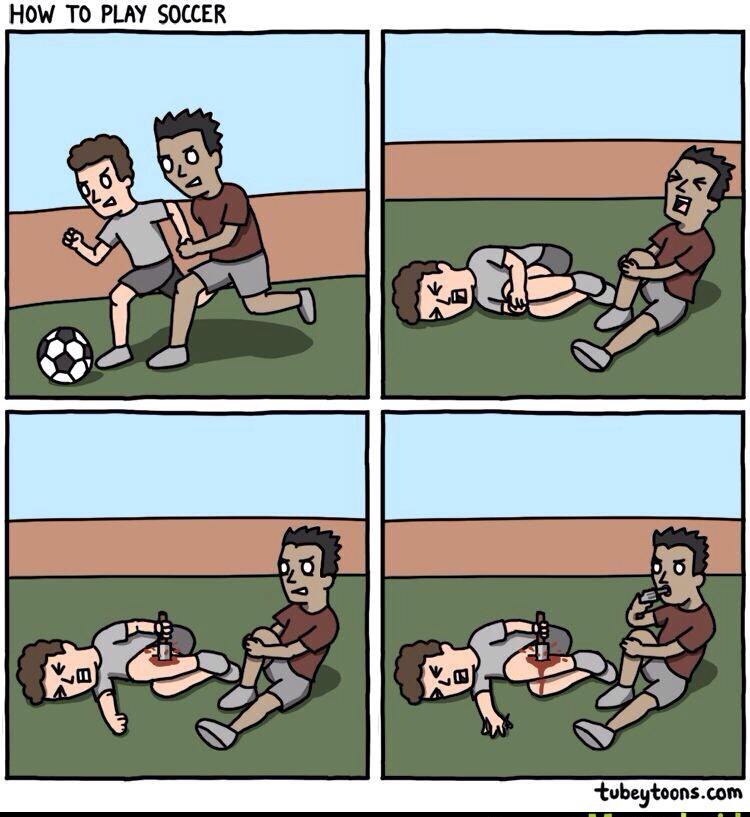
The following exercise helps to use this method more effectively: Write down their 3 strongest qualities Discuss the questions: What makes him who he is What strengths does he have that you lack How does he act when the team has the ball (defends) What psychological qualities does he have?
4. Relaxation as a way to deal with nervousness.
It is the increased heartbeat before matches that creates trembling knees and other unpleasant sensations.
The British say the following about this: nervousness indicates that our body is ready, it is a simple circulation of adrenaline through the body, nothing more. We cannot overcome our body, so if you are experiencing anxiety, then so be it.
They also recommend deep abdominal breathing (1 breath - 10 seconds), arguing with this example: “before exiting the tunnel and every free kick, KriRo (and many other players) takes a few deep breaths to relax himself.” Alekseev devotes a whole section to this topic, so for details - go to him.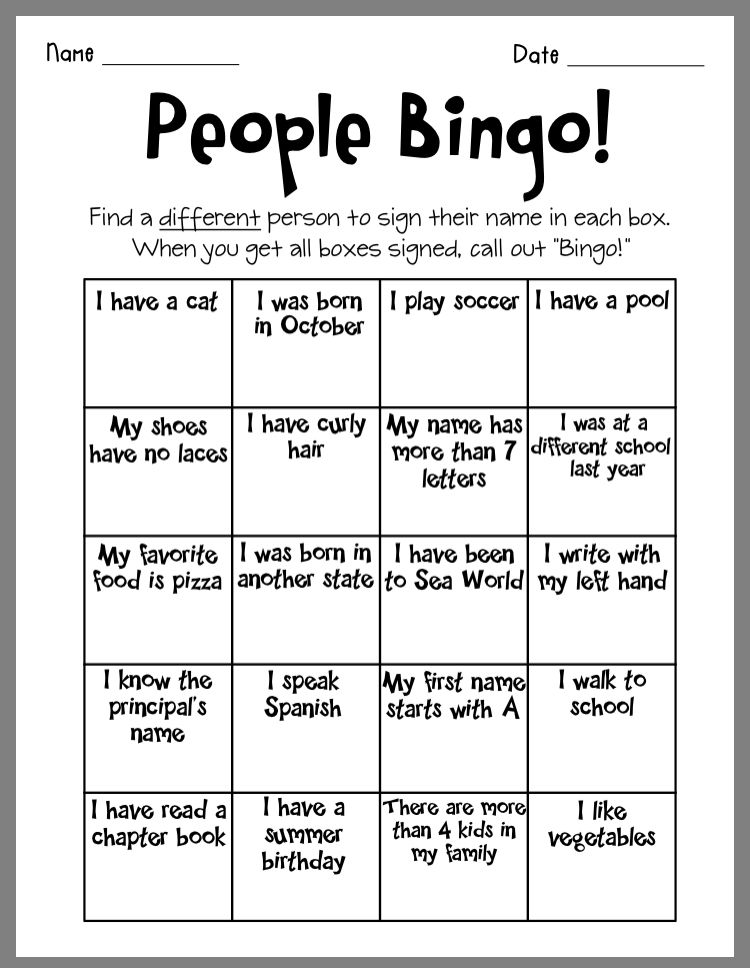
5. Positive thinking.
Never paid attention to such things before. But, the British say that the control of their thoughts is very important, because thoughts give rise to emotions, emotions shape behavior, and behavior affects the quality of our performance.
“Today is not my day, I will try on the next game.” Familiar phrase? Such thoughts give rise to “unfulfilled Messi”.
There is also an exercise for this. It is necessary to draw a sign where each negative thought will be on the left, and on the right is an encouraging analogue. For example: “I am worried before meeting with their center forward” - “Everything will be fine, you just need to keep him in sight and choose the right position.”
6. Communication within the team (for coaches and team captains).
Criticism from both the coach and partners is a great undermining of self-confidence. It is very important to work on the quality of communication within your team, teach players to support each other and praise for successful actions.
" Players who are not true leaders, but try to be, constantly "kick" other players after a mistake. True leaders are already prepared for others to make mistakes... " Johan Cruyff
5 out of 6 points are suitable for personal use by players, but all this also applies to coaches who simply need to start to be interested in the methods of psychological training of their athletes and remember this when preparing for each training session.
I would like to believe that soon, the issues of psychological preparation of athletes will become relevant with us too!0102
Just playing futsal, are you out of breath tired? Wow, you can lose yourself because you were forced to sit in the audience instead of playing with your teammates. This is a sign that you need a special workout to increase your stamina while playing futsal. How do you increase endurance so you don't get tired easily? Check out the following tips!
This is a sign that you need a special workout to increase your stamina while playing futsal. How do you increase endurance so you don't get tired easily? Check out the following tips!
Because the futsal field is smaller than a regular football field, you also need to be more nimble, nimble and faster in matches. You must be able to change the maneuver at any time and must be able to run at high speed. That's why you can get tired faster when playing futsal.
Keeping fit is the key to improving your endurance and performance in the field. Take it easy, you can cheat five special tricks to be better and more energetic while playing futsal. Here are five ways.
Sprinting training will help you not get tired if you need to move quickly and quickly in the field. To practice sprints, look for a straight treadmill about 30 meters away. Then run back and forth as fast as you can.
Try running seven times (for a total of fourteen or more backwards) with a pause of about 25 seconds before running in the opposite direction. Write down the time you ran and use the standard time for the exercise.
Write down the time you ran and use the standard time for the exercise.
Interval training is very useful for increasing endurance. The reason is that your body will be trained to regulate the intensity of physical activity, which is constantly changing. Interval training requires you to do high intensity exercises for a few minutes and then light intensity exercises.
Start by warming up for fifteen minutes. Then you can choose, for example, to run or ride a bike, but it must be of high intensity or speed for three minutes. Then continue running or cycling slowly for three minutes. Repeat up to about three times, then finish with chilling for ten minutes.
In order to keep your heart pumping strongly throughout your body while playing futsal, you must do cardio exercises regularly. You can choose the type of exercise you like. For example, running, swimming, jumping rope or cycling.
You can get tired easily because your own lifestyle is problematic.